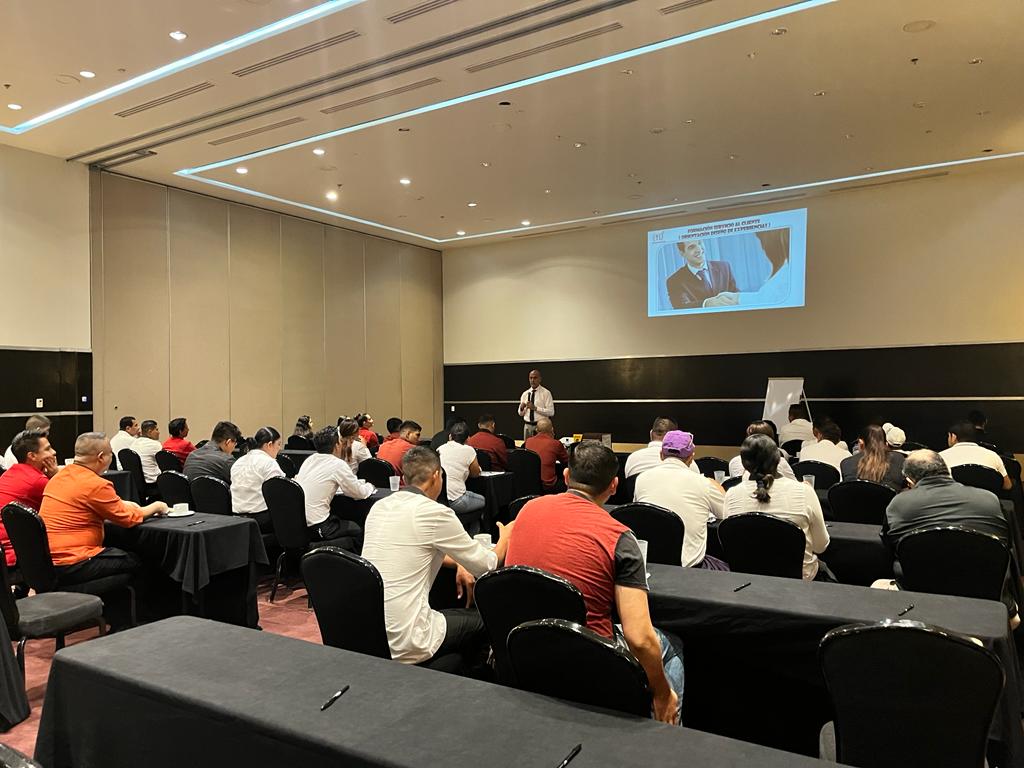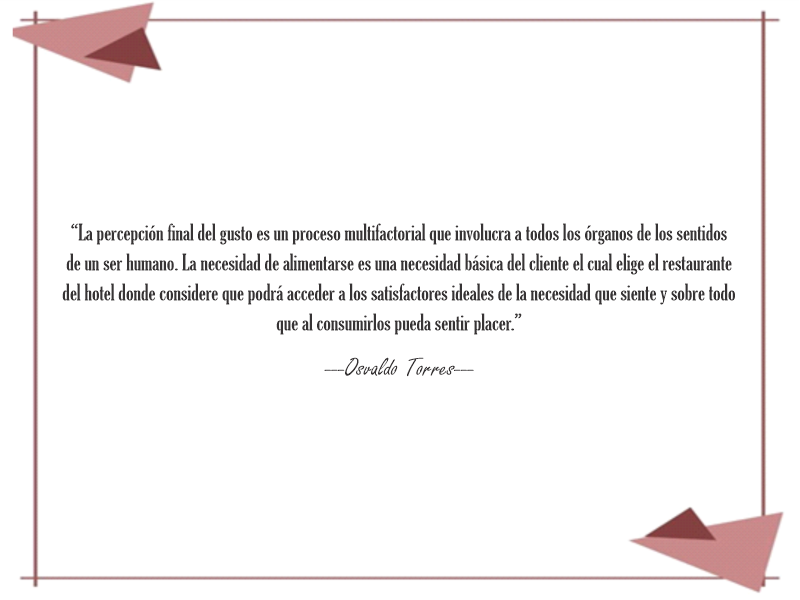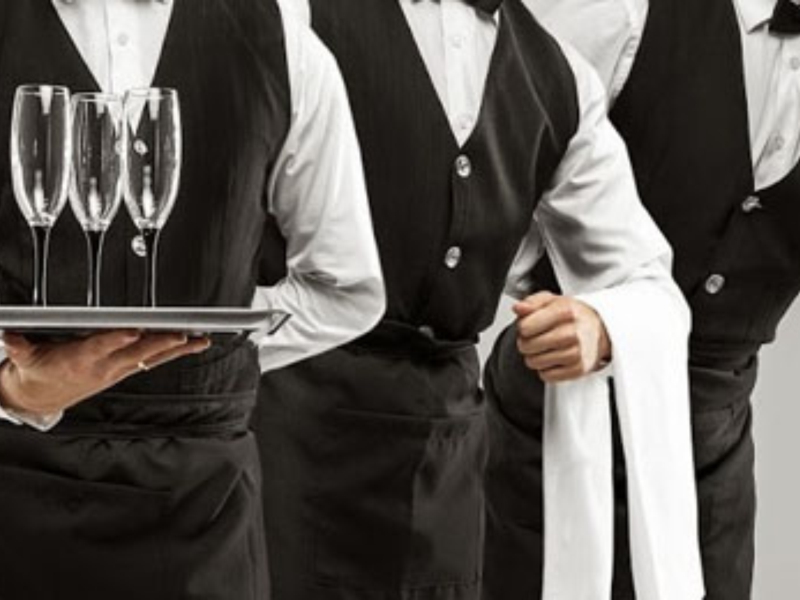Objectives:
- 1-Sensitize the participants with information vectors of the Neurohospitality to build a base experiential knowledge to be able to transform the product and the service that is offered in the points of consumption of a hotel in an unforgettable experience and conditioning of the loyalty of the client to the company.
- 2-Modulate the care behavior of the participants towards excellence in the service they offer their clients.
- 3-Promote the personal and professional development of the participants through the incorporation of the knowledge acquired.
- Increase the added value of the services offered to customers in a company and turn the moment of truth into a differential competitive tool for companies.
Scope:
Aimed at all workers in direct contact with customers at points of consumption in a hotel. The number of participants is determined by the Hotel.
Duration:
3 or 4 days (depending on the number of consumption points that participate in the learning) divided into three phases:
1st Phase: Mystery Guest Service.
This phase lasts one day, where the areas of experiential opportunity that will be taken to reinforce and personalize subsequent learning are detected. A report is prepared on the experiential opportunity areas detected.
2nd Phase: Theoretical-Practical Learning.
This phase lasts for 5 consecutive days divided into two sessions of 3:30 hours (morning session for afternoon shift workers and afternoon session for morning shift workers).
2 consecutive days: a theoretical day and another practical day.
Total hours per session: 7 hours.
THEORETICAL LEARNING MODULES

1-AUTOREFLECTION AS HOTELIERS
When does our service of excellence begin? The power of our first thought before going to work. Establishing and following our purpose as hoteliers.
The great challenge of learning to unlearn. Learning as a differentiating factor in our performance as hoteliers, among others… entre otros más…
2-THE CUSTOMER BEFORE ARRIVAL AT THE RESTAURANT OR BAR.
Definition of client. Definition of luxury service. The client as an observer. Eating and drinking as a basic need of the client's brain. The super power of the senses in the brain of the client who feels the need to eat and drink. The hotel product and service as a construction in the client's mind. Knowing the sensory preferences of the client in the centers of consumption. The Food and Beverage product as satisfying the basic need of the client among others….. entre otros más…
3-THE CUSTOMER UPON ARRIVAL AT THE RESTAURANT OR BAR
Neurobiology of the first impression. Listening to the client's story. Biologically active stimuli in the first impression with the client. The warmth in the effect of the first impression. The peripersonal space in the interaction with the client. Proxemia on the client's table. Identifying and respecting the atmospheres at the client's among others…. entre otros más
PRACTICAL LEARNING TOPICS:
Basic Rules in a Restaurant and Bar. Etiquette and protocol for the use of work instruments. Knowing the menu of what is possible and what is not possible in our work area. Designing the mise en place of our job. Checking our personal image. Receiving the client. Verbal and non-verbal language. Receptive postures. Escorting the customer to the table. Etiquette and protocol. Seating the client at the table. Etiquette and protocol. Introducing yourself to the client. Etiquette and protocol. Listening to the client's sensory preferences. The personal suggestion versus the client's sensory preferences. Phraseology. Etiquette and protocol. Food restrictions among others… entre otros más…
The learning incorporates the luxury service standards contained in AAA, Leading Hotels of the World and Forbes Reccomended plus the standards of the Neurohotel industry.
3rd Phase: Coaching on the Job with the participating teams.
This phase lasts one or two days (depending on the number of work teams that participate). The trainer is integrated into the operation of each work team (wearing its uniform) to detect operational experiential opportunity areas and possible knots or barriers that prevent experiential design in each sector. A report is prepared on the experiential opportunity areas detected.
2 consecutive days: a theoretical day and another practical day.
Two sessions of 3:30 hours (morning session for afternoon shift workers and afternoon session for morning shift workers)
Total hours per session: 7 hours.
Modality:
In Company
...
The learning incorporates the luxury service standards contained in AAA, Leading Hotels of the World and Forbes Reccomended plus the standards of the Neurohotel industry.
FOR MORE INFORMATION ABOUT THE REST OF THE CONTENT OF THE MODULES, COSTS AND CONTRACT CONDITIONS, YOU CAN CONTACT US BY CLICKING HERE CLICK AQUÍ


